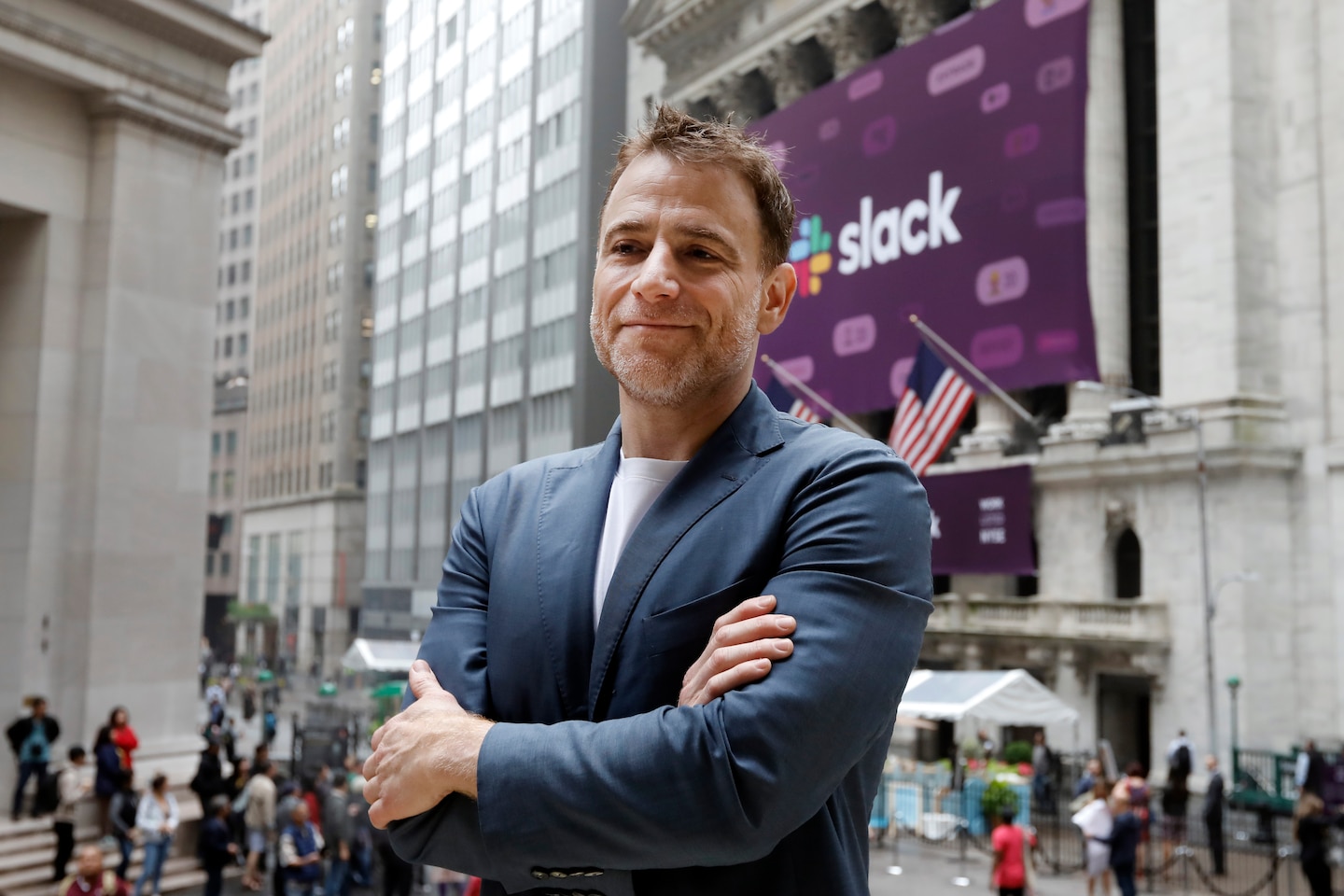Microsoft is accused of corporate bullying, after years of avoiding antitrust allegations

“We think that Microsoft is engaged in this behavior because they believe that Slack is an existential threat,” Slack General Counsel David Schellhase said in a conference call with reporters Wednesday. “Slack, the product, threatens Microsoft’s hold on business email, the cornerstone of Office, which means it threatens Microsoft’s highly profitable lock on enterprise software.”
Slack is asking the European Commission to order Microsoft to separate Teams from Office and charge a market rate for the product.
Microsoft didn’t comment on Slack’s specific allegations but said it will answer any questions from the European Commission. Teams customers use the product because of the integration with Microsoft’s other products, including its video conference software, spokesman Frank Shaw said in a statement.
“We created Teams to combine the ability to collaborate with the ability to connect via video, because that’s what people want,” Shaw said.
Until now, Microsoft has sidestepped the recent fervor among U.S. lawmakers and regulators investigating anti-competitive claims at tech giants Google, Apple, Amazon and Facebook. The probes have largely focused on consumer harm, taking aim at Apple’s policies that allegedly drive up app-user costs or Google’s search results that some say limit consumer choice by favoring its own offerings over those from rivals. Slack’s allegations differ in that the harm is to corporate customers who buy its collaboration services.
Slack said it chose to bring its case against Microsoft in Europe because it believes the European Commission has aggressively pursued anti-competition claims in tech.
“We chose Europe very deliberately,” Schellhase said. “We haven’t taken any similar action now in the U.S. But we’re having conversations with the relevant authorities as well. And we don’t rule out actions in the U.S.”
The allegations recall complaints against Microsoft from two decades ago, when U.S. and European regulators accused it of abusing its Windows operating system monopoly to crush browser rival Netscape Communications. A federal judge found in 2000 that Microsoft violated antitrust law and ordered the company snapped in two.
After an appeals court reversed the breakup order, Microsoft and the federal government settled claims in 2002, with Microsoft agreeing to, among other concessions, give computer makers more freedom to include rival software on their PCs.
Slack drew parallels to that case in its claims Wednesday. Microsoft made a “cheap copycat” of Slack and “tied it to their dominant Office suite” to elbow its way into the market, Slack’s vice president of communications and policy, Jonathan Prince, said during the conference call.
Slack’s tone is different from when Microsoft introduced its Teams software four years ago. At the time, Slack took out a full-page ad in the New York Times welcoming the competition.
“We’re glad you’re going to be helping us define this new product category. We admire many of your achievements and know you’ll be a worthy competitor,” the Slack ad read.
Slack chief executive Stewart Butterfield has regularly dismissed the threat of Microsoft, telling CNBC in May that “Teams is not a competitor to Slack.”
Teams has clearly made inroads into the business, though. Three months ago, Microsoft chief executive Satya Nadella said Teams had more than 75 million daily active users. The application comes bundled with the corporate versions of the Office suite, giving users the ability to easily link to Word documents or launch video meetings using Microsoft’s technology.
The filing comes just days before the chief executives of four other technology giants are scheduled to testify before Congress. On Monday, the CEOs of Apple, Amazon, Google and Facebook are scheduled to face questioning from lawmakers over claims they violated U.S. antitrust laws.
European regulators have often been more aggressive in trying to rein in what they deem abusive behavior. Last year, the European Union fined Google about $1.7 billion on charges that its advertising practices violated antitrust laws. A few months later, European regulators opened an antitrust investigation into whether Amazon is misusing its dual role as a marketplace for independent sellers and a retailer of its own products. (Amazon CEO Jeff Bezos owns The Washington Post.)
“They’ve been much more open recently (to anti-competition actions), particularly with tech,” said Herb Hovenkamp, an antitrust professor at the University of Pennsylvania Law School.
Another reason to choose Europe: A remedy from regulators there could force Microsoft’s hand globally. That’s because offering different versions of products used around the world could hamper the ability of those programs to interoperate across regions.






